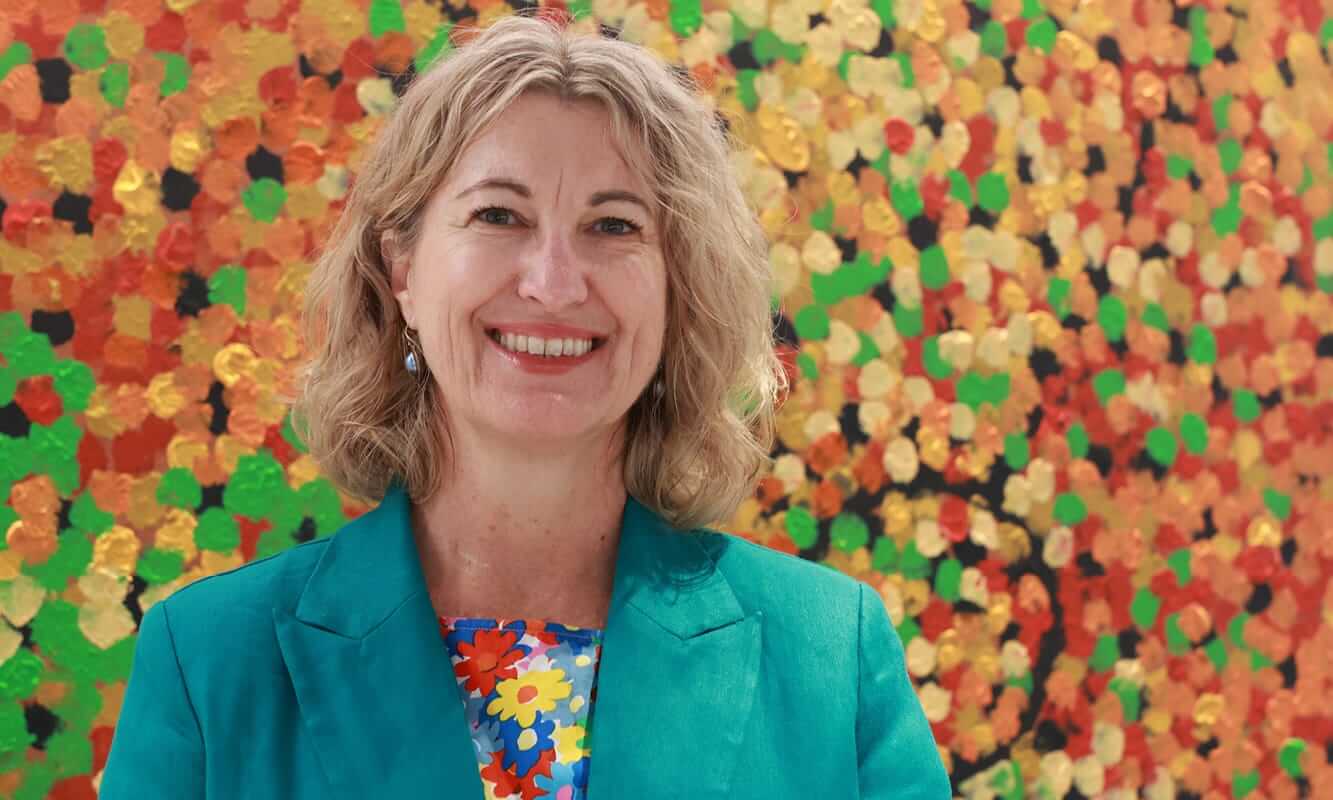Caxton Legal Centre is drawing on its experience in domestic and family violence (DFV) to pilot an intervention case management program for men.
With a grant from the State Government’s Keeping Women and Children Safe from Violence initiative, Caxton has established Court Plus for Men, aimed primarily at those appearing as respondents in the Brisbane Magistrates Court and Family Court with DFV matters.
This innovative, 12-month trial has a social worker helping each person to establish goals in areas including behaviour change, housing, and treatment for mental illness and drug addiction.
Caxton aims to engage 60 men over the trial period. The first client was referred to the program in September last year.
“Caxton has a long tradition of non-gendered support using a human rights framework which recognises the rights of all people to access our justice system,” Social Work Practice Director Helen Wallace said.
“This includes victim-survivors and those who use violence and abuse of many kinds.”
Each year Caxton provides legal and support services to more than 1000 people using violence.
“Caxton already has significant contact with men who use violence through some of our services, so integrating Court Plus for Men for our clients and referrals from elsewhere made sense,” Helen said.
Such services include the centre’s domestic violence duty lawyer service at Brisbane Magistrates Court; its Family Advocacy and Support Service at the Federal Circuit and Family Court in Brisbane and regional circuits; and participation in that court’s Lighthouse risk-management program.
“We also support family members through our Coronial program, some of whom have been devasted by loss of lives due to DFV – this has given us particular insights into systemic failings affecting the families,” Helen said.
Insights were also gained through Caxton’s past Bail Support Program, which helped men on remand, some of whom faced DFV charges.
“Our social workers provided pre-bail application assessments and if the client was bailed, provided casework follow-up to help him break out of dysfunctional patterns of survival and offending,” Helen said.
“We learnt from this work that with an intersectional and trauma-informed approach, our timely, practical intervention with these men could be successful in reducing harms to self and others, and incarceration.”
She said barriers for such men included lack of access to interpreters, housing and mental health services, as well as problems with literacy, food insecurity, and alcohol and drugs.
“We know that reducing barriers to get help for men who use violence keeps women and children safe,” she said.
“We also know there is a high attrition rate from behaviour-change programs but with a case-management approach, this would be likely to improve.”
“The social worker as a DFV specialist, will also make referrals to other relevant services as required.
“We are very interested in listening well to Caxton’s Aboriginal and Torres Strait Islander staff and advisers to make the program culturally accessible and safe for clients from these communities.”
Helen said early observations from the program had been encouraging.
“To date the social worker has been pleased to observe full engagement from most of the clients and willingness to work on being a better family member,” she said.
“There have been conversations focused on greater insight around impacts of behaviours on women and children.
“The method of working with the men on their goals and needs has enabled good, robust conversations around what DFV is and what taking responsibility for their own conduct and change looks like in day-to-day life.”
She said Caxton was also encouraged by the release last year of the State Government’s consultation paper on a DFV perpetrator strategy, which focused on prevention, early intervention, response and systemic reform.
“We are very hopeful that any findings from our small, but important project can add value in those four areas as Queensland moves towards prioritising this area of work,” she said.
Referrals to Court Plus for Men can be made, with consent, by community legal centres, Legal Aid Queensland and courts, as well as services in the broader DVF sector, such as housing, and drug and alcohol services.
For more information, or to make a referral, email courtplus@caxton.org.au









Share this article